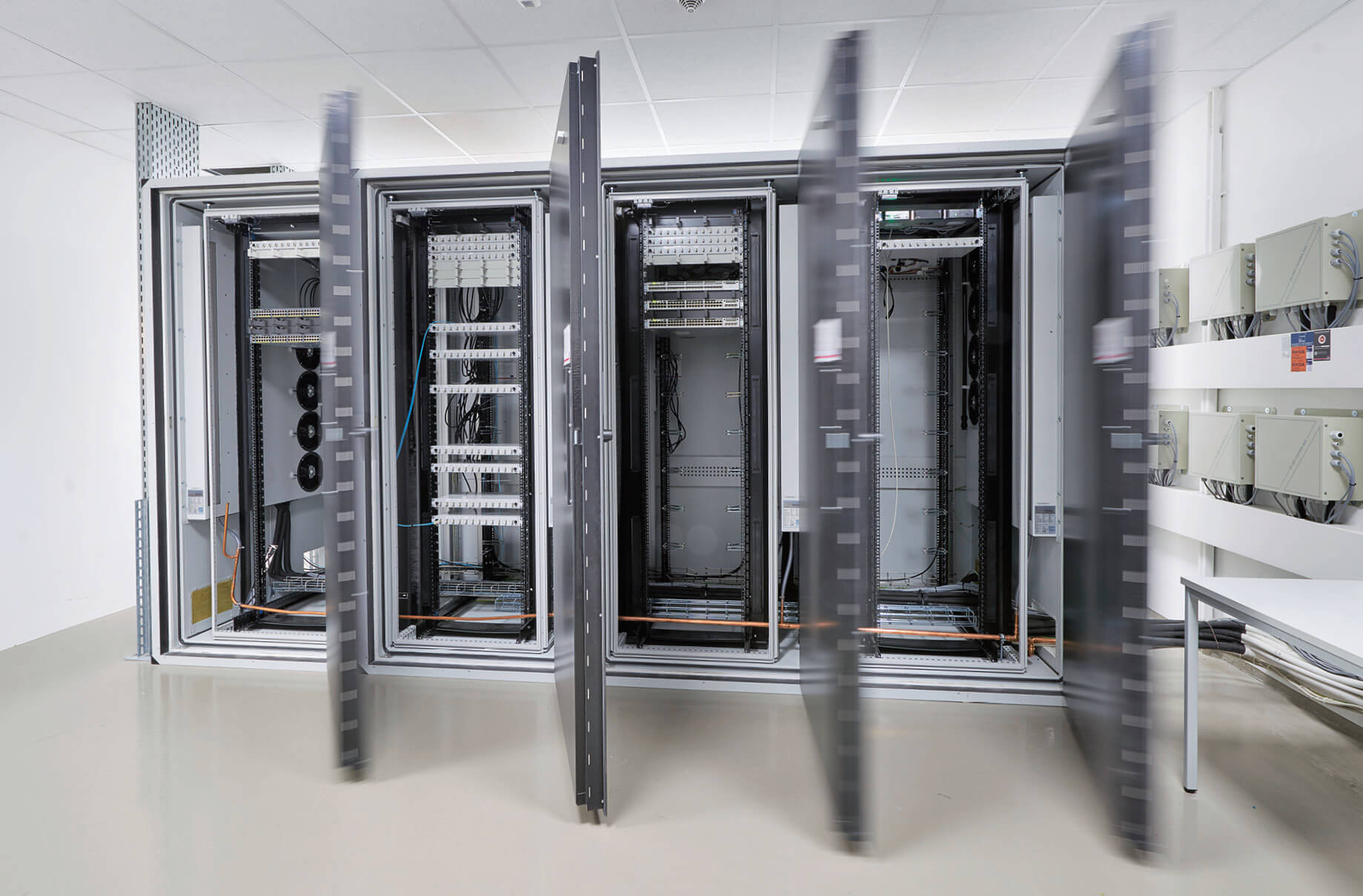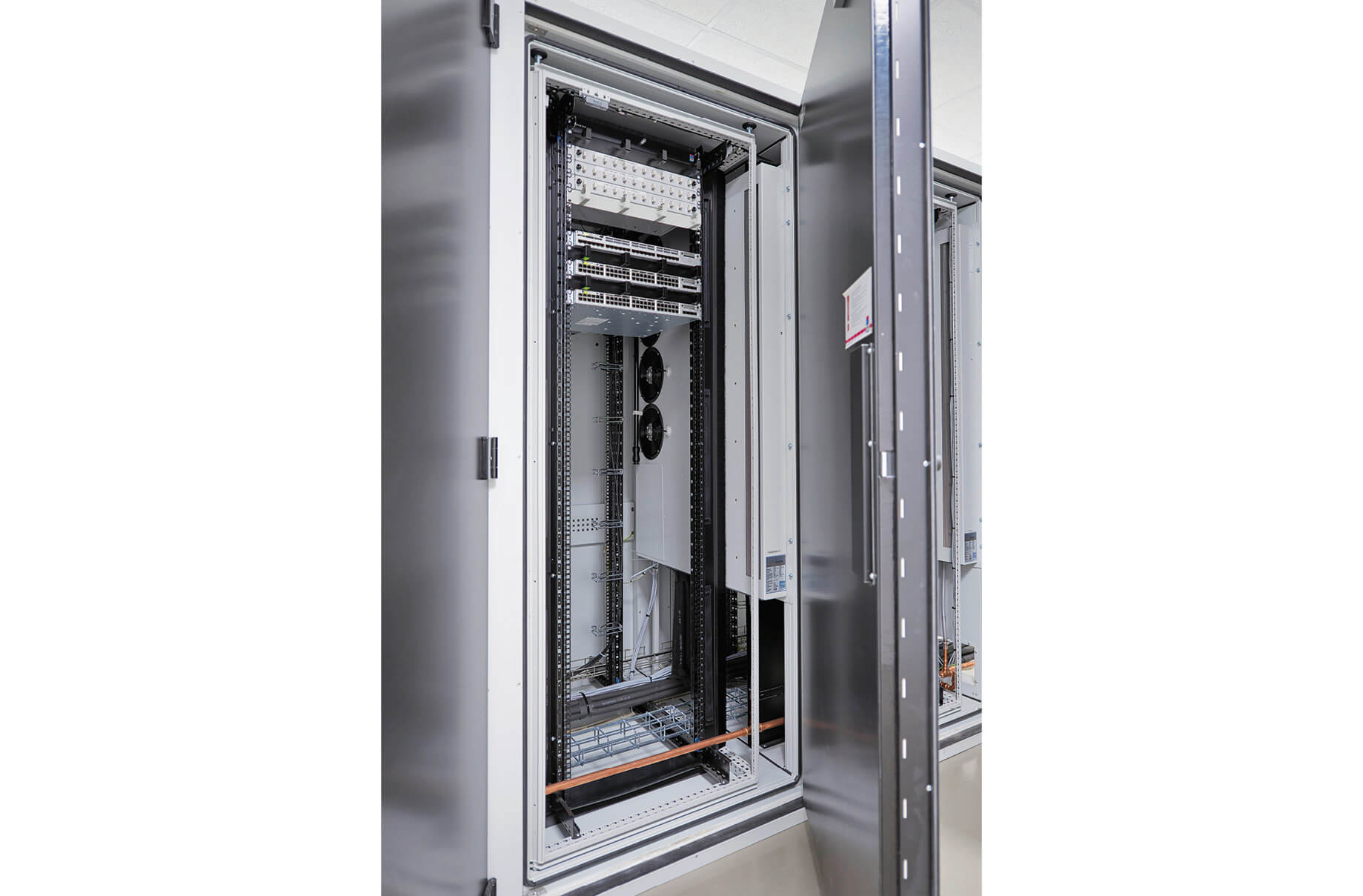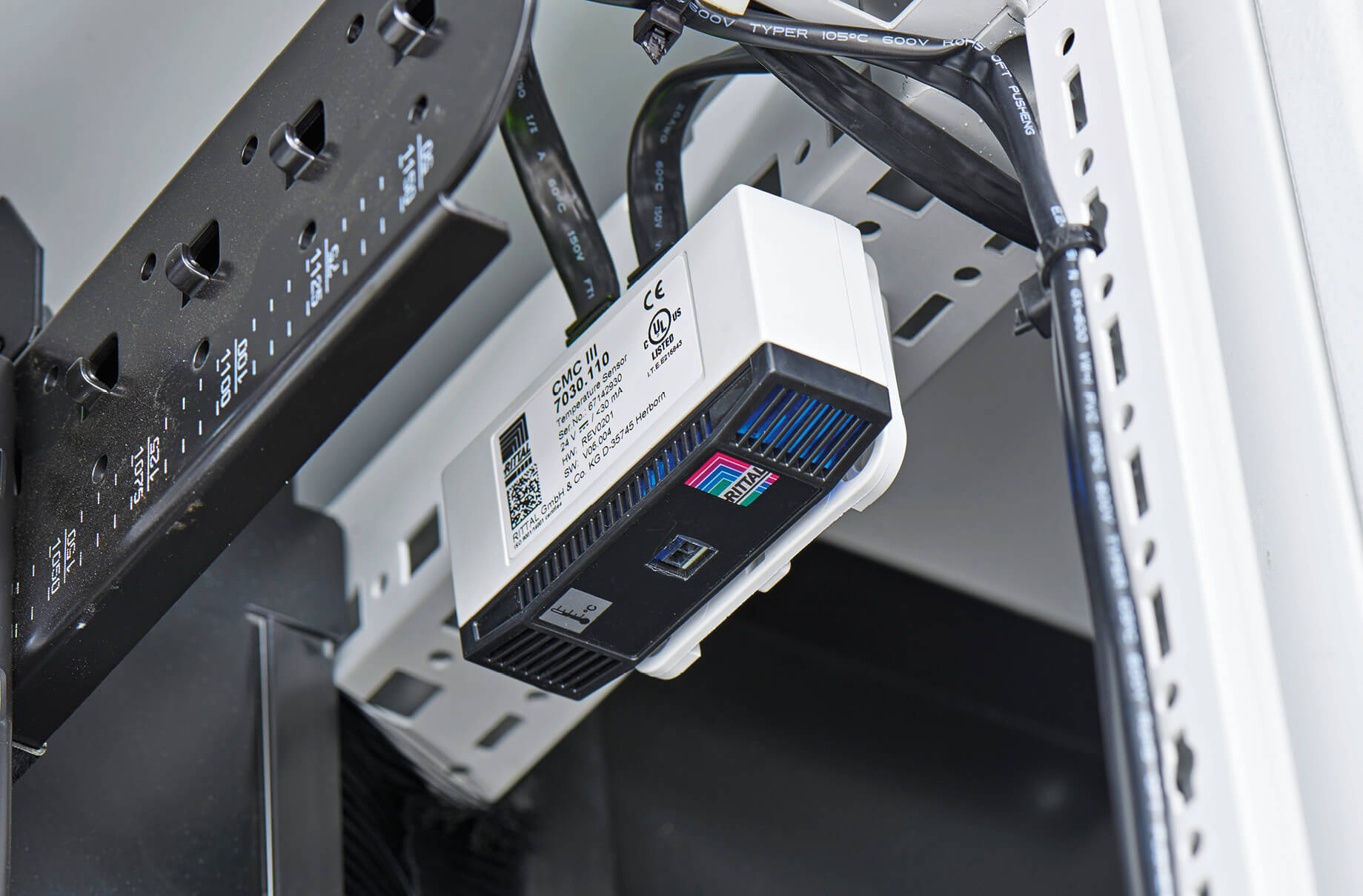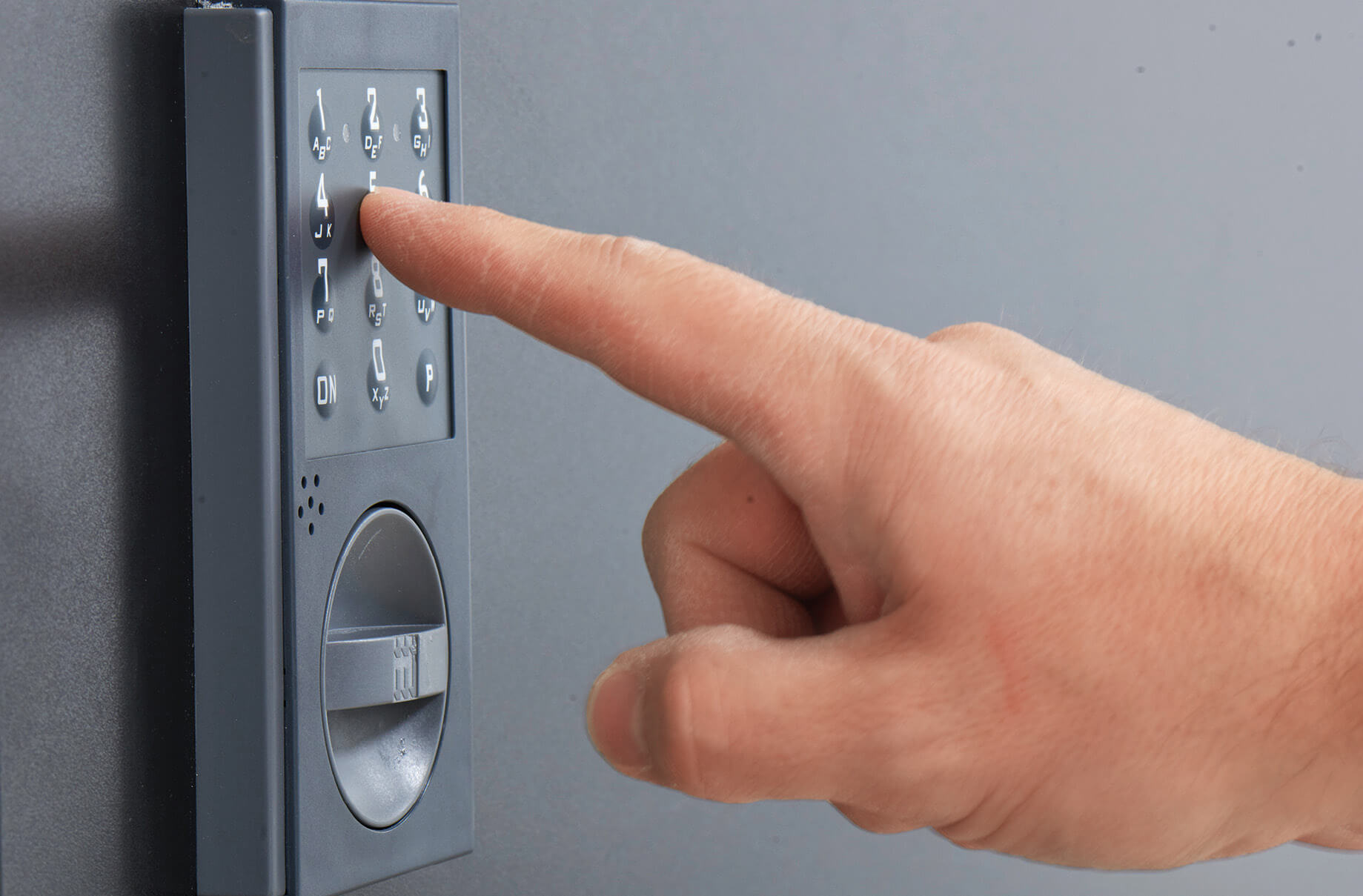Text Martina Pump and Rebecca Lorenz ––– Photography
Nurses bustle along the corridors, the alarms in the intensive care unit sound and an electrolyte solution drips quietly but continuously from the infusion bag hanging at the patient’s bedside. After 12 hours of fasting, a five-hour general anaesthetic and almost four hours on the operating table, this liquid is meant to give the post-operative patient a new lease of life. The presence of germs or impurities could have fatal consequences. And yet under these circumstances, the helpless patient simply has to rely on the containers and liquids being sterile – and thus helping to fight infections rather than cause them.
To meet the expectations of doctors and patients in this regard, B. Braun, one of the world’s leading manufacturers of medical technology and pharmaceutical products, focuses on safety and cleanliness in the manufacture of infusion bottles. “To ensure maximum sterility of the Ecoflac production environment, last autumn we automated our manufacturing processes as far as possible,” says Matthias Bömer, Head of Quality Control at B. Braun. The company invested around 50 million euros in the new Industry 4.0-compatible production line.
Since then, all the work processes, from raw material consumption through to PLC process control and compliance documentation, have been digitally networked at the Glandorf plant in Lower Saxony. This produces an extremely large volume of data – as manufacturing medical products must adhere to established good manufacturing practice, the guidelines for quality assurance of production processes. “We save the details of every batch, such as the source of the raw materials water and salt,” Bömer explains, along with information about the relevant hygiene regulations and staff involved.
Once these data sets have been compiled, they are automatically processed in an electronic batch recording application. “We map the manufacturer’s instructions electronically to record all the processes and results fully automatically, transparently and in line with the legal requirements,” Bömer explains. Manual manipulation is impossible – and improved safety is guaranteed. By being able to trace every single batch right back to the individual ingredients, B. Braun meets the strict requirements that doctors, patients and legislators place on the pharmaceutical industry.
Compact data safe for high IT outage protection
It might sound straightforward, but this caused B. Braun an unexpected problem to start with. “As more and more IT moves into our production environment, we need a quickly applicable solution for a powerful IT landscape,” says Werner Mielenbrink, Head of Media Supply at B. Braun Avitum AG’s Glandorf site. Yet the existing data center at the company’s headquarters in Melsungen was too far removed from the actual B. Braun production site in Glandorf. “The relatively high latency meant the time taken for data transfer would have hampered smooth production processes,” Mielenbrink explains. “After lengthy consideration, this led us to opt for a decentralised on-site solution.”
B. Braun initially calculated that six server enclosures would serve this purpose. However, the simple solution they envisaged at the start did not meet the required standards for physical protection. This was because the former archive for paper documents that was to be transformed into the data center did not offer adequate protection against hazards such as theft, dust, corrosive gases, fire and fire-extinguishing water.
This is where the Micro Data Center from Rittal came into play, a kind of data safe for IT systems, which B. Braun is already using at its Radeberg site in Saxony. “There, we had been able to see for ourselves in advance how Rittal’s solution is not only flexible but also outage-proof and quickly set up without the need for major construction work,” Mielenbrink says. Integrated into a protective enclosure, the Micro Data Center can be used to operate the server, storage or network – at up to resistance class four. Equipped with modular surveillance systems, climate control solutions, a fire detection and extinguishing system and intelligent power distribution, the enclosure provides a complete security zone around the server racks. “This high safety standard convinced us that the Micro Data Center would meet our requirements,” he points out. To shore up its security, B. Braun decided to install a redundant IT landscape in Glandorf consisting of IT racks, cooling, power distribution, monitoring and fire protection. Set up side-by-side and linked together, the installations effectively ensure failure resilience and provide the requisite physical protection. “Because the data center is made up of individual modules, we were able to start off by constructing one of the network enclosures,” Mielenbrink recalls. IT experts from Rittal simply constructed the Micro Data Center around the IT rack afterwards.
Seamless monitoring
“This provided us with high availability right from the start,” Mielenbrink says. “This was important to us because our IT systems need to work seamlessly to ensure continuous production.” This is another reason why Mielenbrink’s team monitors all the important parameters for IT operations – such as the door contacts on the IT enclosures, uninterrupted power supply and the temperature and humidity inside the data center – with the aid of the CMC III monitoring solution from Rittal. The DET AC fire detection and extinguishing system, which is also integrated, emits a warning if it detects even the smallest smoke particles in the air so that technicians can react in good time. This means that many causes of fire can be eradicated in advance.
“Rittal’s Micro Data Center is the perfect safety solution to meet our stringent requirements because it enables us to operate a secure and redundant data center without the need for any complicated construction measures. The collaboration between our IT experts and the Rittal technicians has worked extremely well. Good faith and a wealth of professional experience and expertise have helped make our IT modernisation project future-proof,” he continues.
One thing that extends its lifetime so well is B. Braun’s decision to go for a modular, scalable solution in the form of the Micro Data Center. Should the production line need to be expanded at any point and require further IT resources, IT staff can very easily add a further enclosure to the existing three-fold suite. The necessary wiring was already laid during the assembly of the first enclosures.�




